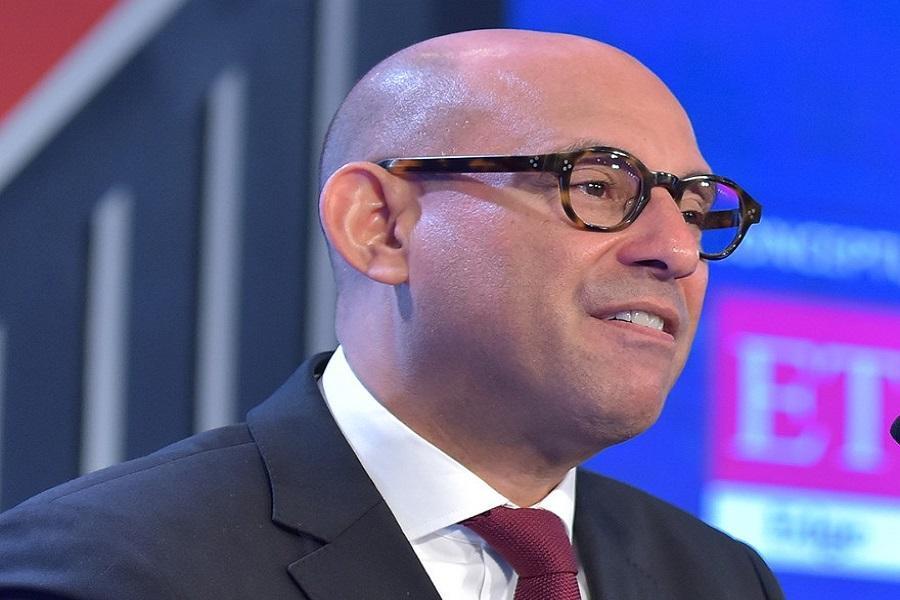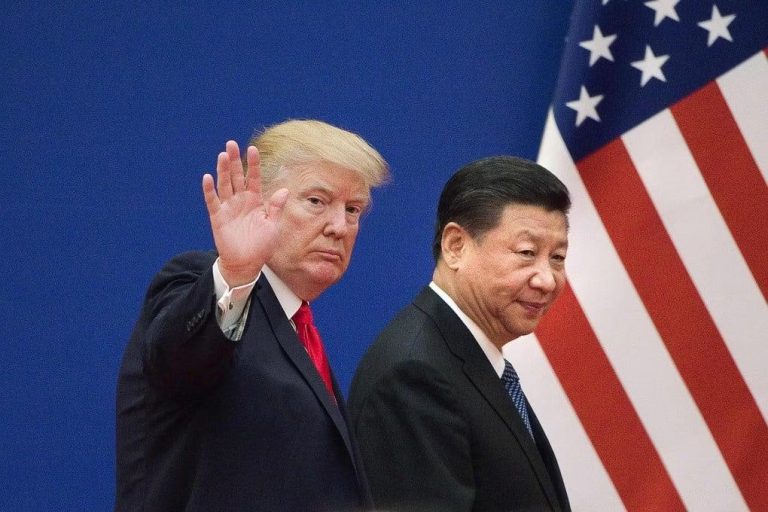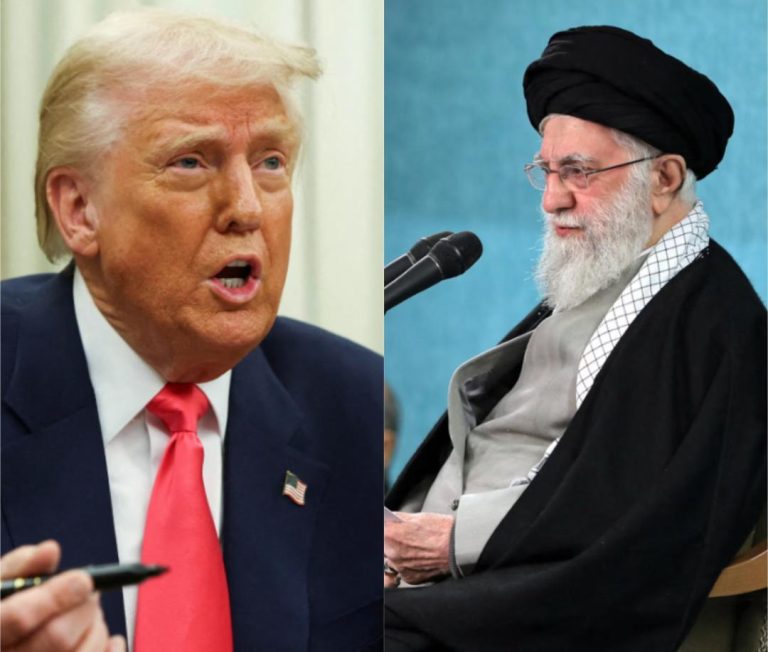
Title: India a Solar Superpower under PM Modi’s Leadership: UN’s Stiell
In a significant acknowledgement of India’s efforts in transitioning to a low-carbon economy, Simon Stiell, the Executive Secretary of the United Nations Framework Convention on Climate Change, has hailed India as a “solar superpower” under the leadership of Prime Minister Narendra Modi. This recognition comes as India continues to strive towards its ambitious goal of reaching 500 GW of non-fossil fuel-based energy capacity by 2030.
Stiell’s statement is a testament to India’s commitment to sustainable development and its efforts to reduce its carbon footprint. While many countries around the world are still debating the need to transition to renewable energy sources, India has taken concrete steps to achieve this goal. Under PM Modi’s leadership, India has set a target of generating 500 GW of non-fossil fuel-based energy capacity by 2030, which is a significant increase from the current capacity of around 40 GW.
India’s journey towards becoming a solar superpower has been rapid and remarkable. The country has seen a massive growth in solar power generation in recent years, with the installed capacity increasing from just 1.5 GW in 2014 to over 40 GW today. The government’s initiatives such as the National Solar Mission, the Jawaharlal Nehru National Solar Mission, and the Solar Parks Scheme have played a significant role in promoting the development of solar power in the country.
India’s renewable energy sector has also seen significant investment in recent years. According to the International Energy Agency (IEA), India’s renewable energy sector attracted over $10 billion in investments in 2020 alone. This investment has not only helped to increase the country’s renewable energy capacity but also created thousands of jobs and contributed to the growth of the local economy.
India’s commitment to renewable energy is not just limited to solar power. The country has also made significant progress in wind power, biomass, and hydroelectricity. The government’s initiatives such as the National Wind-Solar Hybrid Policy and the Biomass Power Policy have helped to promote the development of these sectors.
Stiell’s statement is also a recognition of PM Modi’s leadership in promoting sustainable development and reducing carbon emissions. Under his leadership, India has taken several initiatives to reduce its carbon footprint, including the launch of the National Clean Energy Fund and the Swachh Bharat Abhiyan (Clean India Mission).
India’s efforts to become a solar superpower are not limited to its domestic market. The country has also become a major player in the global renewable energy market, with several Indian companies emerging as major players in the sector. Indian companies such as Adani Green Energy, Tata Power, and ReNew Power have made significant investments in renewable energy projects around the world, including in countries such as the United States, Australia, and the United Kingdom.
In conclusion, India’s recognition as a “solar superpower” under PM Modi’s leadership is a significant milestone in the country’s journey towards sustainable development. India’s commitment to renewable energy and its efforts to reduce its carbon footprint are a testament to its leadership in the global fight against climate change. As the country continues to strive towards its ambitious target of 500 GW of non-fossil fuel-based energy capacity by 2030, it is likely to play an increasingly important role in the global renewable energy market.






